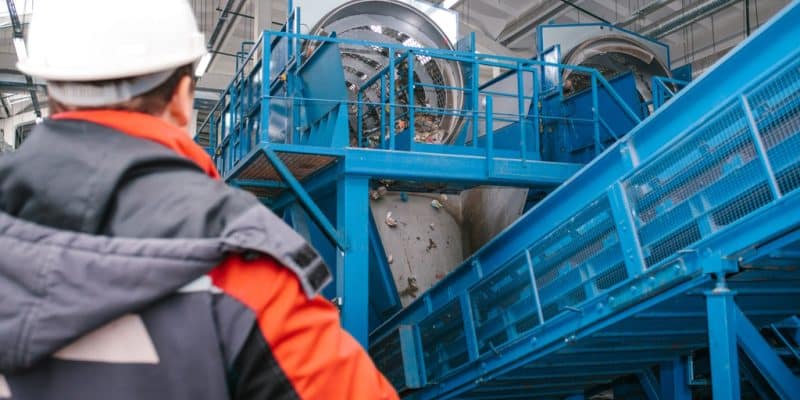In Tunisia, the University of Sfax will be training students in the sorting and recycling of solid waste, as well as in the development of appropriate technological solutions to pollution. The training, which will take place at its Higher Institute of Biotechnology (ISBS), will welcome between 15 and 20 students in its first year.
The University of Sfax is innovating in its training programme for the 2023-2024 academic year. The institution of higher education, study and research, located some 270 km from Tunis, the capital of Tunisia, has just introduced a “Master in Solid Waste Recycling and Circular Economy” programme. The programme will take place on the campus of the institut supérieur de biotechnologie Higher Institute of Biotechnology (ISBS),
The courses will be aimed primarily at students with degrees in the fields of life and environmental sciences, biotechnology, chemistry, waste management and the circular economy, physics-chemistry, as well as environmental, energy and agronomy sciences. In its first year, the master’s programme will welcome between 15 and 20 students.
Improving the efficiency of waste management services
On completion of the course, students will be able to meet the major challenges of solid waste management in Tunisia, particularly in terms of sorting, recycling, the transformation of secondary raw materials and the development of innovative solutions. The programme will also produce environmental project managers, environmental management controllers, entrepreneurs specialising in green technologies, and experts in waste management and the circular economy.
Read Also – TUNISIA: an industrial waste recycling plant inaugurated in Utique-Bizerte
While the practice of the circular economy of solid waste is already anchored in the mindsets and policies of Tunisia, it is more the quality of the workforce that needs to be improved at local level. And the first year of the “Masters in Solid Waste Recycling and the Circular Economy” programme will help to achieve this objective.
The North African country generates 2.6 million tonnes of waste a year, much of which is not recycled.
Inès Magoum






